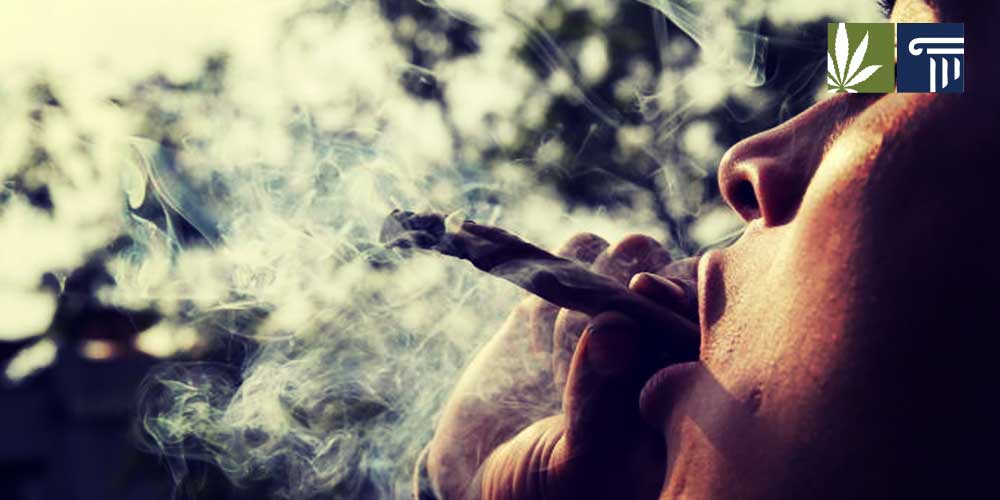On September 21, the mayor and chief of police of Washington, D.C., announced that the city’s police would no longer arrest people for public consumption of marijuana. Police will issue citations instead.
The new policy does have exceptions, however, including minors and those with warrants. The police also have discretion to arrest anyone whom they think will not answer the citation. Most people, however, will receive a citation and must go to court or pay a fine of $25. Residents should be mindful, however, of when they are on federal land, which makes up about a third of the city. Marijuana remains illegal under federal law.
Chief Peter Newsham and Mayor Muriel Bowser cited this new policy as part of an effort to improve the allocation of the department’s resources. The announcement may be viewed as the culmination of a trend, since the department has been arresting fewer people in recent years. In 2014, the department arrested almost 1,500 people for possession, but the number in 2016 was 16. On the other hand, arrests for public consumption were on an upswing, with 99 in 2014 and almost 275 in 2016.
Other Cities
Washington, D.C., is not alone in reducing the amount of police time spent on small marijuana cases. In May, Bill de Blasio, the mayor of New York City, made a similar announcement, directing the New York Police Department to cite rather than arrest those who use marijuana in public. This change in policy came after public attention was directed to the extremely disparate rate of enforcement among white, black, and Latino New Yorkers. In the first three months of 2018, more than 90 percent of those the NYPD arrested for marijuana possession were black or Latino. De Blasio also gave another reason for the policy change: “With marijuana legalization likely to occur in our state in the near future, it is critical our city plans for the public safety, health, and financial consequences involved,” said the mayor. In a related development, the district attorney of Manhattan, Cy Vance, announced that his office would cease to prosecute marijuana cases involving possession and public use. According to DrugPolicy.org, the city of New York spent $75 million on arresting and jailing people on small possession charges in 2010.
Another East Coast city, Philadelphia, decriminalized in 2014. Instead of arrest, those caught using in public or possessing small amounts are allowed to pay fines or participate in community service. The fine for 30 grams or less is $25, and for smoking in public the fine is $100 or community service. Disproportionate enforcement against people of color was one reason cited for the change.
The same reason was given when the mayor and prosecutor of Jersey City announced that the city would decriminalize. “We feel that while New Jersey is having the conversation about legalization, it is unfair to continue to burden people with misdemeanors…and the collateral consequences that come with those convictions,” Prosecutor Jake Hudnut said. And on July 24, New Jersey Attorney General Gurbir Grewal issued a letter to the state’s prosecutors telling them to suspend their marijuana cases until early September. This was done in anticipation that New Jersey may legalize.
In other places in the country, decriminalization has often been the first step toward legalization. Oregon was the first to decriminalize in 1973. States that have followed suit are Connecticut, Delaware, Illinois, Maryland, Mississippi, Nebraska, New Hampshire, New York, and Rhode Island.
What do you think? What other cities are likely to decriminalize? Leave a comment below.






